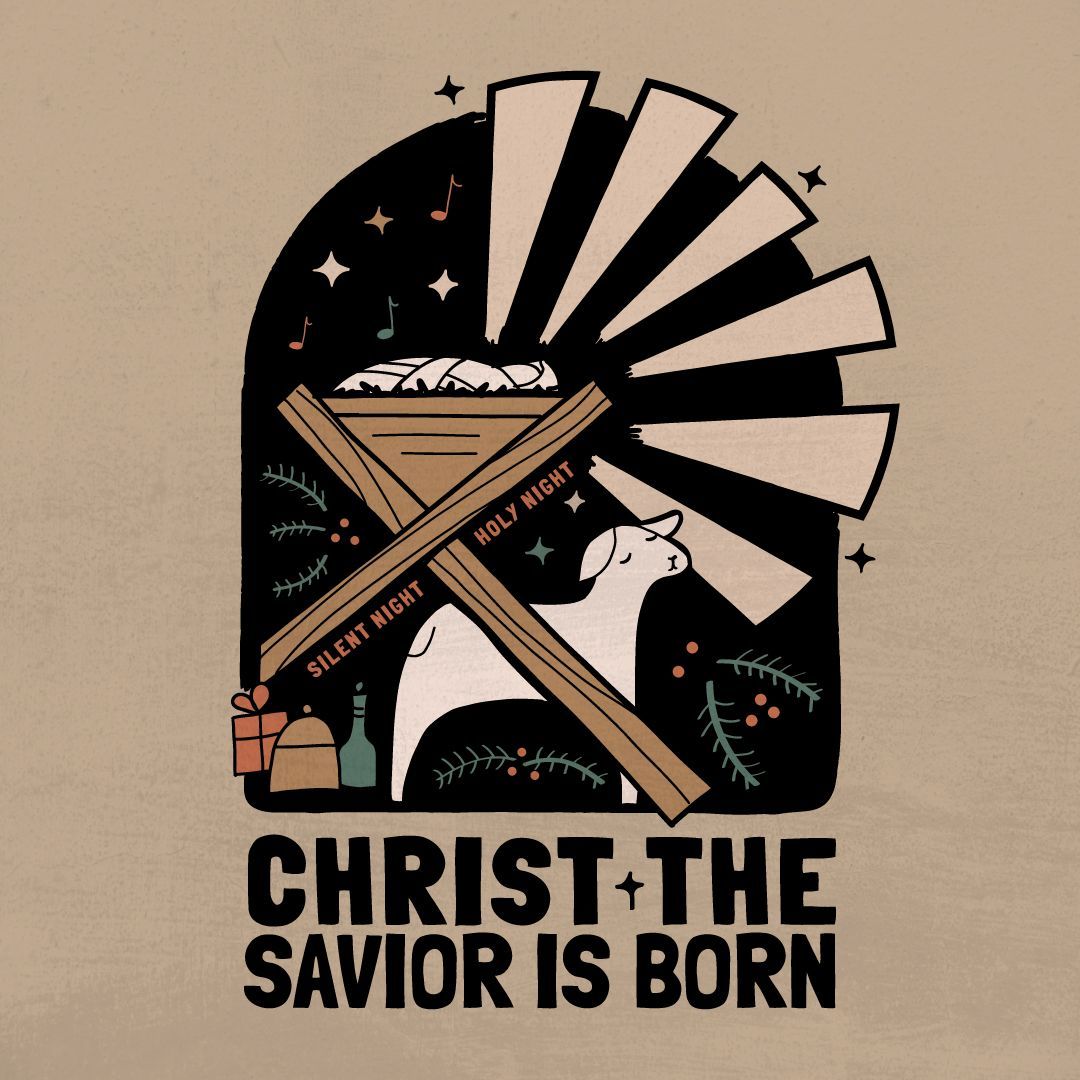Audio Recordings
Audio recordings of the Moncks Corner Campus sermons are made available here at the conclusion of each Sunday's service.
Livestreams
Livestreams of the Summerville Campus service begin at 10:30 AM each Sunday on the Summerville Campus Page.

I recognize my deep spiritual thirst. I long for a good relationship with God and for everlasting life. I am tempted to satisfy that deep thirst with worldly things, a strategy doomed to failure. I realize that my thirst is satisfied only by the one who said, “Whoever drinks the water I give them will never thirst.” Jesus meets my greatest need.

I recognize my sinfulness. I am aware of my guilt, and the more I look at my situation, the more I realize what deep trouble I am in. I realize that what I really need is forgiveness, but I don’t deserve it. Fully aware of these facts, God worked salvation for me, provided me a Savior, called me to repentance, and promises me forgiveness.

Jesus was a real human being, and he looked like it when he taught his disciples. But one day atop a high mountain, Jesus gave his disciples a glimpse of his glory as the Son of God. After he came down from the mountain, Jesus went to Jerusalem to suffer and die. It is good for us to view Jesus in glory on the mountain. It prepares us for Lent, and it prepares us for life.

For centuries Israel offered sacrifices to God for sin. Over and over, a substitute shed its blood to earn forgiveness. Then Jesus appeared, the Lamb of God who would take away the sins of the world. He died as the substitute for sinful mankind. Connected to him by faith, you have new perspective and new motivation for living a Christian life.

For centuries Israel offered sacrifices to God for sin. Over and over, a substitute shed its blood to earn forgiveness. Then Jesus appeared, the Lamb of God who would take away the sins of the world. He died as the substitute for sinful mankind. Connected to him by faith, you have new perspective and new motivation for living a Christian life.

For centuries Israel offered sacrifices to God for sin. Over and over, a substitute shed its blood to earn forgiveness. Then Jesus appeared, the Lamb of God who would take away the sins of the world. He died as the substitute for sinful mankind. Connected to him by faith, you have new perspective and new motivation for living a Christian life.

“Christ” is not the family name of Jesus. It is a title. The Greek word “Christ” and the Hebrew word “Messiah” both mean the same thing: “The Anointed One.” Anointing was the practice of pouring liquid over the head of someone to signify selection for some special task. When the Lord had someone anointed, he also poured his Spirit over them. It was the fulfillment of promises made over centuries.

The Twelve Days of Christmas are the days between Christmas Day and January 6. What is special about January 6? It is the day when the Christian Church celebrates the Festival of the Epiphany. Epiphany comes from a Greek word meaning “reveal.” When the Savior was born, he was first revealed as love’s pure light to Israelites: Mary, Joseph, the shepherds. Today we see the Lord miraculously guiding foreigners across countless miles so the Savior’s holy face could be revealed to them as well. The Festival of Epiphany is sometimes known as Christmas for the Gentiles. We Gentiles (non-Jews) rejoice in the good news that this Jewish baby is a gift for all people, Christ the Savior of the world

Christmas holidays mean family time, often with extended family travel and visits. Meals are prepared, gifts are given, memories are made. But the memories might not all be good. Sometimes there are Christmas hurts or even tragedies. We live in a world still affected by sin. The sinfulness of the world cannot rob us of the peace God intends to bring through his Son. Christ the Savior is born, and through his life, God brings us into the family. He gives us the rights of redeemed sons and daughters, the privileges of inheritance.


